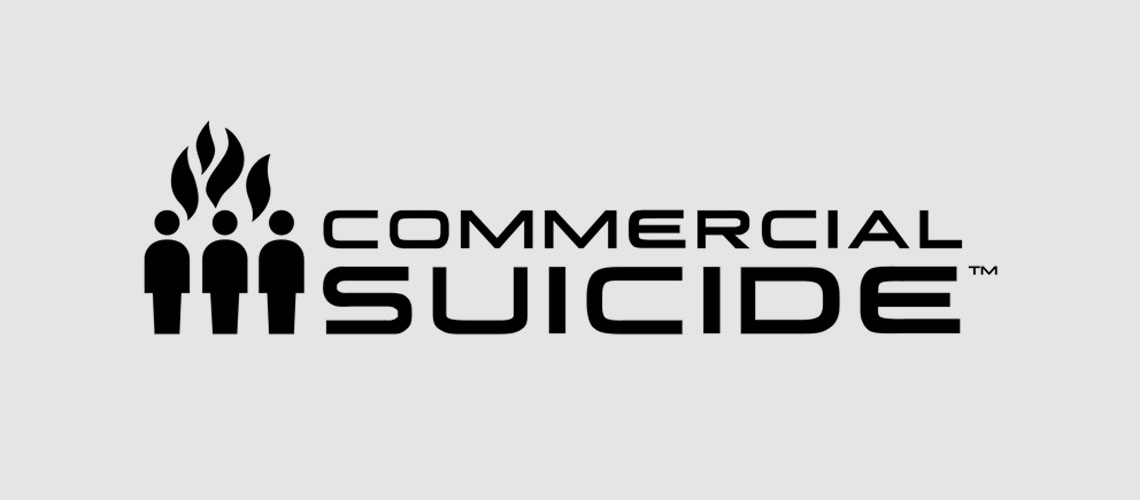It’s fair to say that the internet has had a massive impact on the music industry. From the way we listen, share, buy, promote, and discover… the whole music experience has been fundamentally changed, and Drum & Bass was no exception to this.
Traditionally D&B had been looked upon as being exclusively a ‘UK’ thing. A handful of music from foreign lands had reached our shores from artists such as Teebee and Seba, but it wasn’t until the internet made the world a smaller place that we in the UK would realise countries all around the world had been listening, and were waiting for the opportunity to put their own mark on it.
Internet forums such as Drum & Bass Arena and Dogs on Acid for the first time provided a hub were users could interact and talk about Drum & Bass as easily with somebody half way around the world as they could with somebody who lived in the same street. Instant messaging and peer to peer sharing networks also served to break down the logistical barriers that previously existed by allowing producers to send files back and forth between each other. The closed club of Drum & Bass had been bust wide open; now it was up to anyone with an internet connection to step in and make a name for themselves.
This meant a whole new array of influences into the scene. New Zealand’s Concord Dawn drew upon Trance and Techno influences to mix euphoric haunting vocals with angry basslines and beats on tracks such as ‘Morning Light’, whilst Dj Marky brought the sunshine from Brazil in the Jorge Ben sampling classic, ‘LK’. The music was no longer just about “drums” and “bass” – sounds the whole world over were being chucked into the cooking pot to create a whole variety of new flavours.
The emergence of online shops changed the way we bought music too. Whilst it was a great shame to see the independent record shops disappear from the high street, the advantages of shopping online were undeniable. Record shops were great places for meeting people, hearing new tunes, and just generally hanging out. On the flipside however, even the largest shops stock was limited, and getting the records you wanted often depended on you being there at the right time. Then there were the arduous shop-owners who would make you feel as if you’d just punched a baby because there was nothing you wanted to buy that day. The internet did away with all of that. The convenience of being able to browse at your own leisure, buy what you wanted (or not), and have them delivered straight to your door was a luxury with which the high street was unable to compete.
The internet also rang the death knell for pirate radio. All through the 90’s the pirates had supplied the underground sounds for the masses, but now they were an unnecessary middleman. Artists could upload their own tracks, and DJ’s could upload their own mixes. With the click of a few buttons you could listen to your favourite DJ playing the newest tunes, which rendered the humble pirate DJ redundant. Online radio stations could also broadcast to the whole world without running the risk of DTI raids, confiscated equipment, and criminal records.
The downside to all this choice was oversaturation. With endless internet stations to choose from, no one really cared or had a sense of connection the way they did with the pirates, and being able to find all the tunes you wanted at the click of a mouse took the thrill of the hunt out of buying records…
Overwhelmingly though, the internet has been great for drum & bass. We can reminisce about a simpler time when it was about high street record shops, pirate radios, and feeling as if being part of it was to be a member of some underground club. But now drum & bass had grown into something much bigger; it had become a global phenomenon, and there would be no going back.

